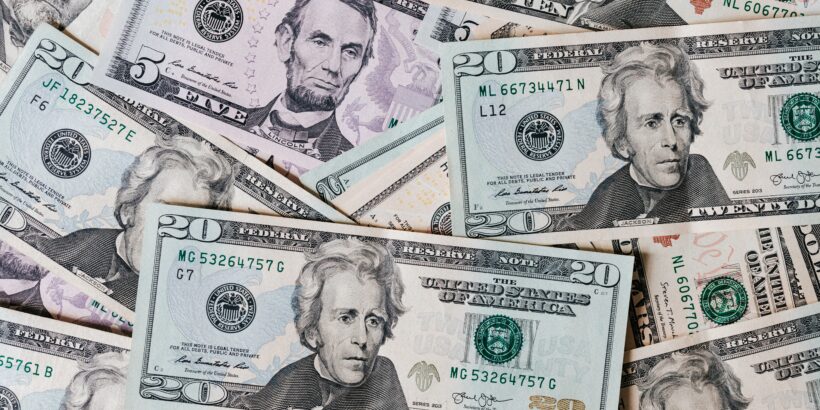Definition of Fiscal Policy Fiscal policy is the use of government spending and taxation to influence the economy. That means it is a tool used by governments to manage the level of economic activity in the country. It is usually used to achieve macroeconomic objectives such as full employment, price […]
Read moreArchives: Terms
Open Market Operations
Definition of Open Market Operations Open market operations (OMO) are a type of monetary policy used by central banks to influence the money supply in an economy. That means they are used to buy and sell securities (e.g., U.S. Treasury securities) in the open market in order to increase or […]
Read moreAsymmetric Information
Definition of Asymmetric Information Asymmetric information is a situation in which one party in a transaction has more or better information than the other. That means one party has access to relevant information that the other party does not have. This can lead to an imbalance of power in the […]
Read moreReserve Requirement
Definition of Reserve Requirement A reserve requirement is a regulation imposed by a central bank on commercial banks and other financial institutions. It requires them to hold a certain percentage of their deposits in the form of reserves. That means they have to keep a certain amount of all their […]
Read moreNatural Monopoly
Definition of Natural Monopoly A natural monopoly is a market structure in which a single firm is able to supply the entire market demand at a lower cost than two or more firms. That means it is the most efficient way to produce a good or service. This is usually […]
Read moreNatural Resources
Definition of Natural Resources Natural resources are materials and substances that occur naturally in the environment and can be used for economic gain. That means they are materials that are found in nature and can be used to produce goods and services, such as land, water, air, minerals, plants, and […]
Read moreMonopolistic Competition
Definition of Monopolistic Competition Monopolistic competition is a market structure in which there are many firms producing similar but not identical products. That means each firm has some degree of market power but not enough to set prices freely. Instead, firms compete with each other by offering slightly different products, […]
Read moreMoney Supply
Definition of Money Supply Money supply is the total amount of money in circulation in an economy at a given point in time. That means, depending on the measure we look at, it includes all the currency and coins in circulation, as well as all the deposits in banks and […]
Read moreMoney Multiplier
Definition of Money Multiplier The money multiplier is an economic concept that describes the relationship between the amount of money in circulation and the amount of money banks can lend out. That means it is a measure of how much money banks can create with a given amount of reserves […]
Read more
Money Market
Definition of Money Market The money market is a financial market where short-term debt instruments are traded between commercial banks and other institutions. That means it is a market for borrowing and lending money for a period of up to one year. Money markets are often divided into two parts: […]
Read more